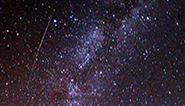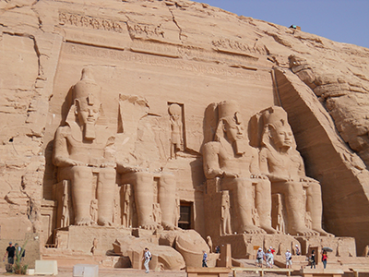 The Perseid meteor shower usually peaks around August 11th-13th with the night of the 11th tending to be the best night to catch some lookalike 'shooting stars'.
The Perseid meteor shower usually peaks around August 11th-13th with the night of the 11th tending to be the best night to catch some lookalike 'shooting stars'.
Despite rumours, it's not true that this will be the greatest meteor shower ever - NASA have issued a statement to damp down excitement:
This year, we are expecting enhanced rates of about 150 per hour or so, but the increased number will be cancelled out by the bright Moon, the light of which will wash out the fainter Perseids. A meteor every couple of minutes is good, and certainly worth going outside to look, but it is hardly the “brightest shower in human history.” The Leonid meteor storms of the late 1990’s and early 2000’s were much more spectacular, and had rates 10 times greater than the best Perseid display.
The Met Office suggest that there's a chance of cloud making the night less than memorable across much of the UK, but have a forecast of the best times to look up:
We heading towards the peak of the #PerseidMeteorShower on Saturday night, but you can see it each night until then! Here's your chances pic.twitter.com/5UfU1zVhRZ
— Met Office (@metoffice) August 10, 2017
How do I watch the Perseids?
Channel 4's Liam Dutton explains all you need to know:
To mark the lighting up of the sky, we've collated a range of articles and a game on the meteor shower. Find out how you can find your own meteorites, discover where the name 'Perseids' comes from and learn about the relationship between meteorites and beads from ancient Egypt in the collection below.
Test your knowledge on meteoroids with this game
Meet Perseus - the man who inspired the name 'Perseids'
Discover how to find your own meteorite
What have meteors and iron got to do with Egyptian beads?




Rate and Review
Rate this video
Review this video
Log into OpenLearn to leave reviews and join in the conversation.
Video reviews